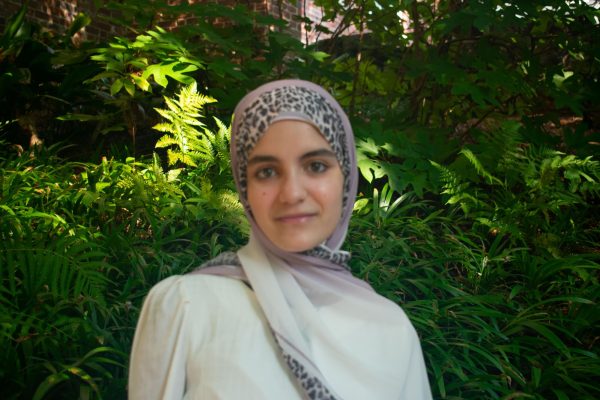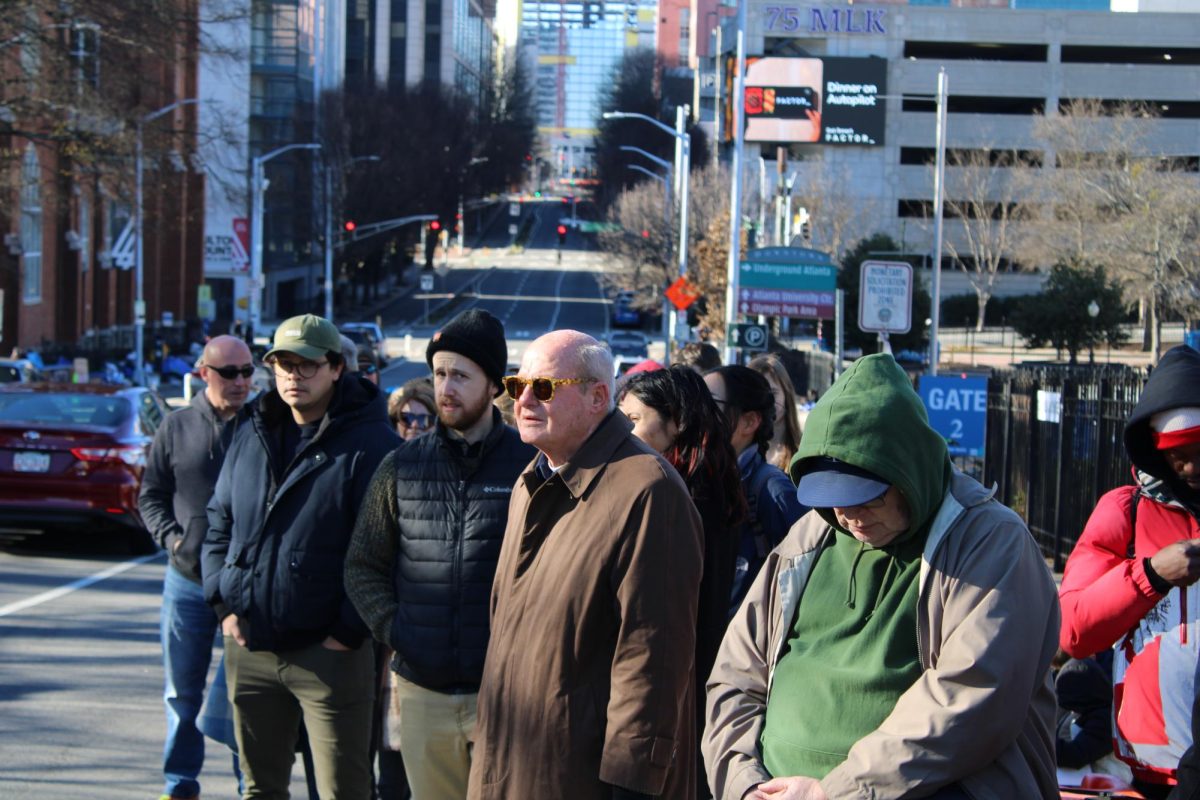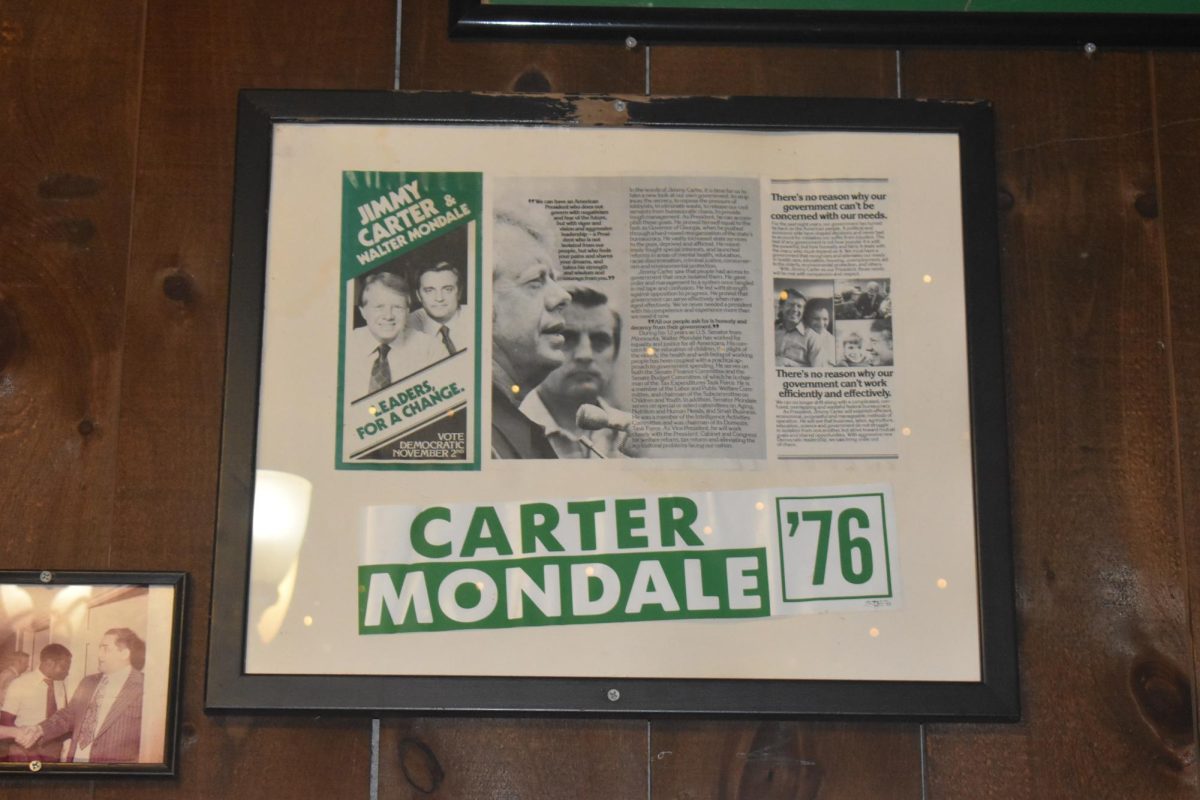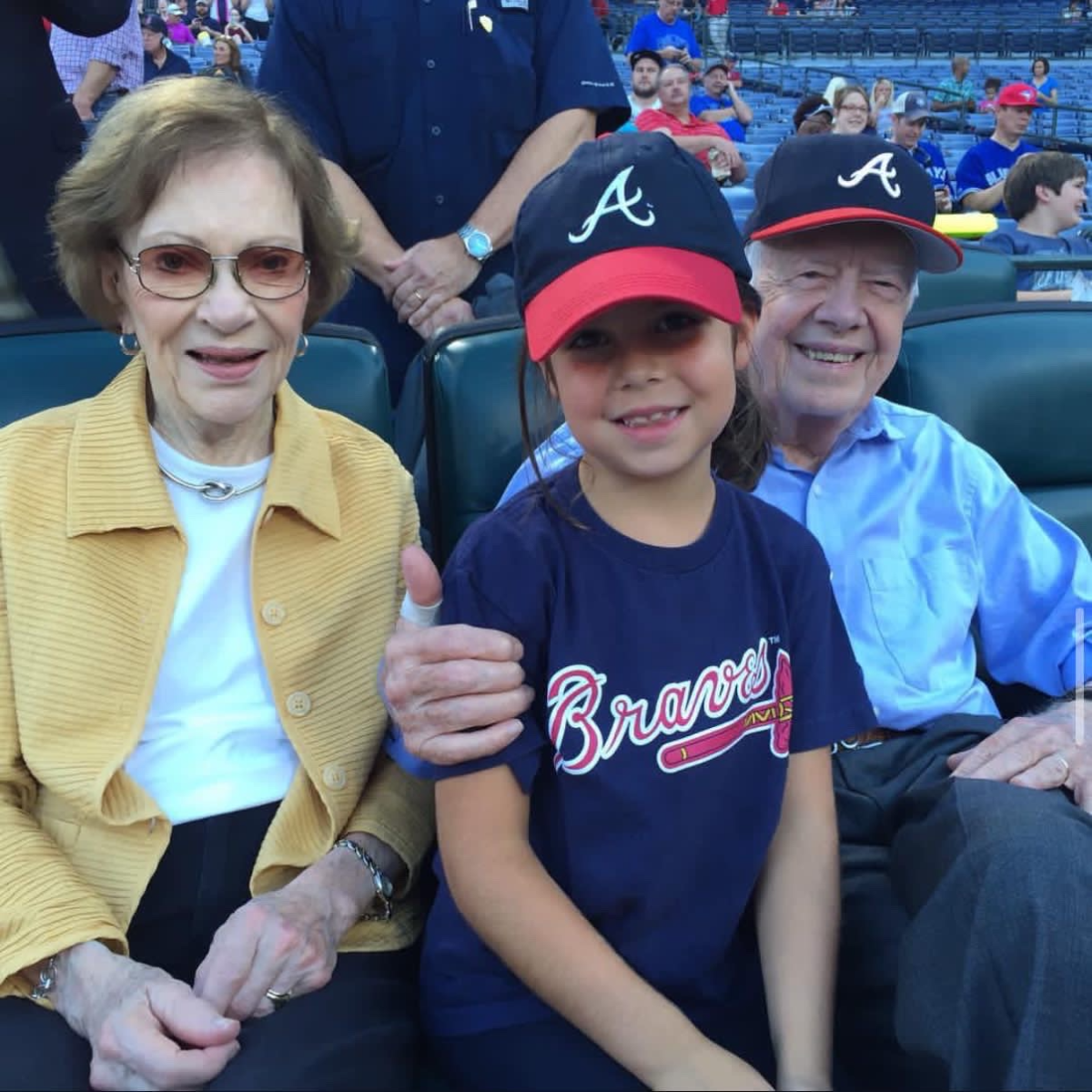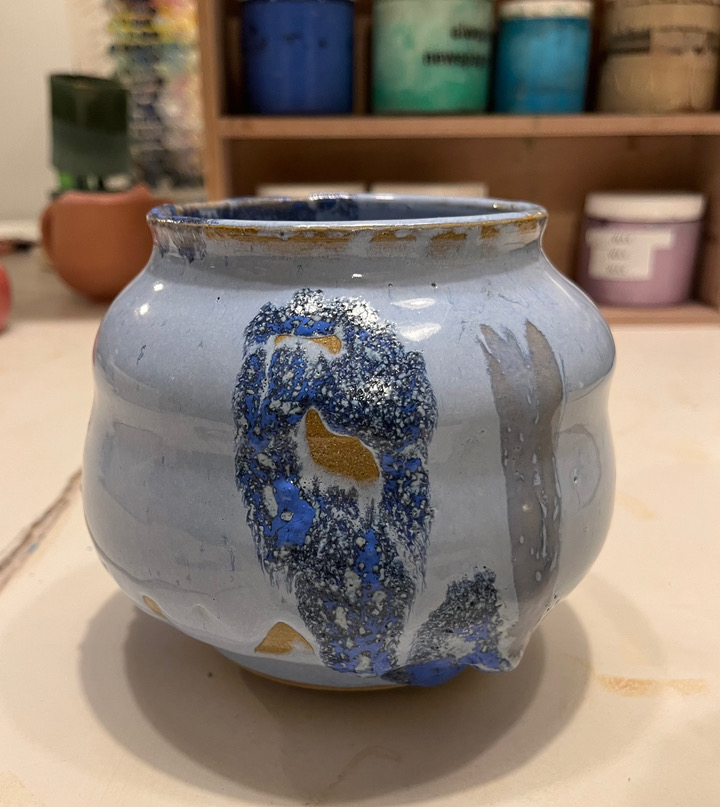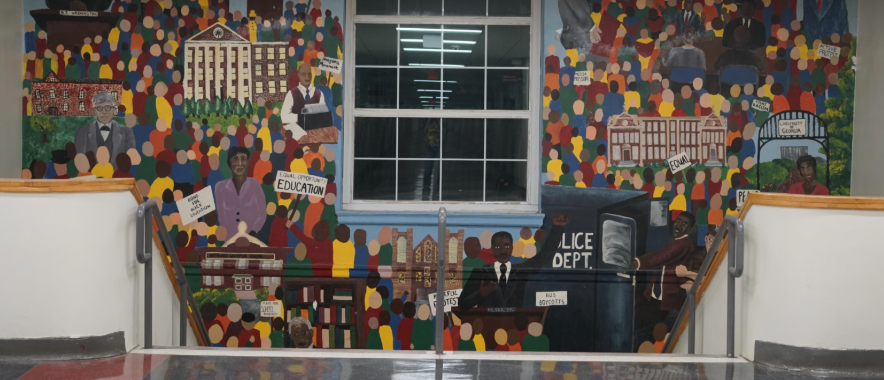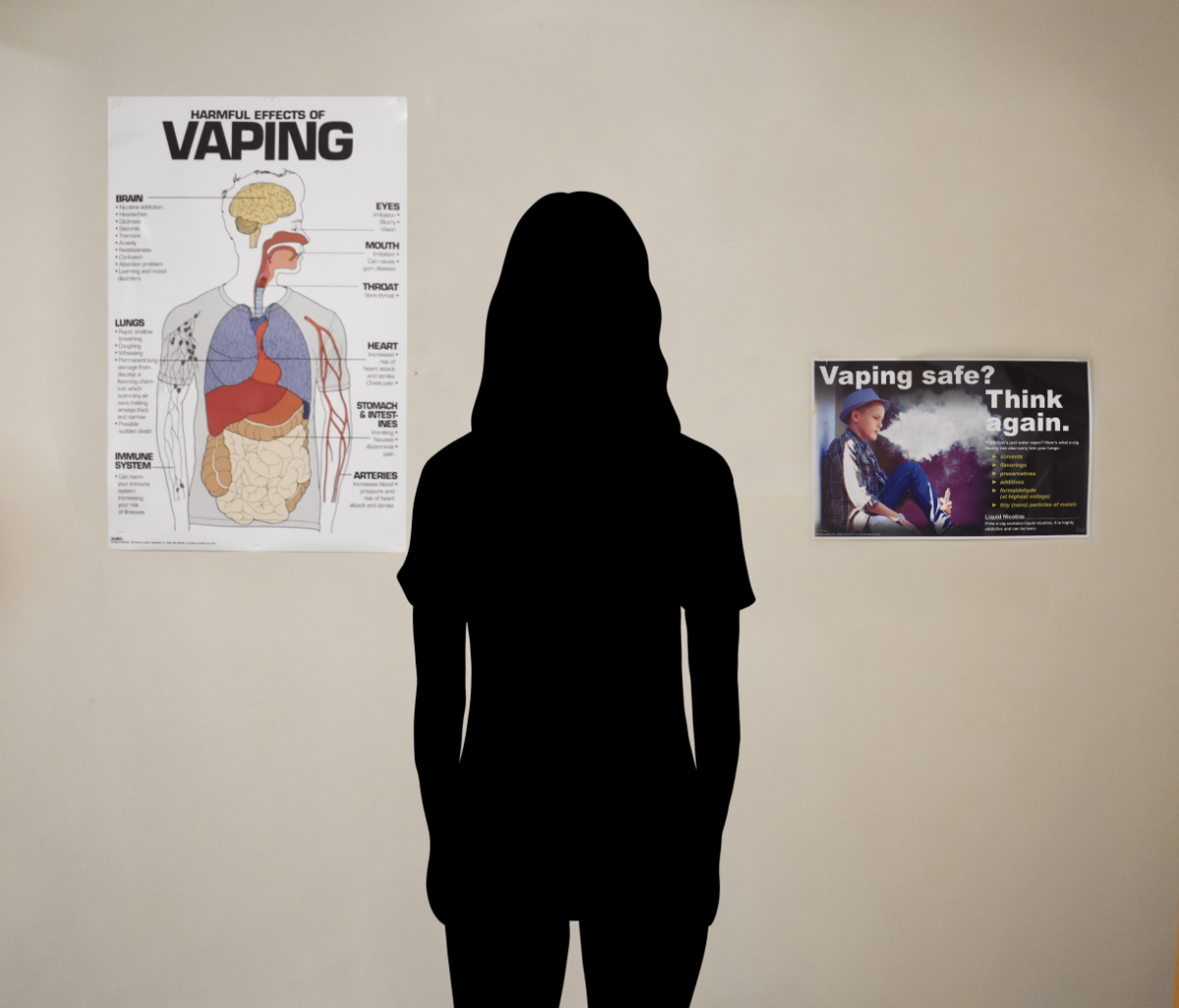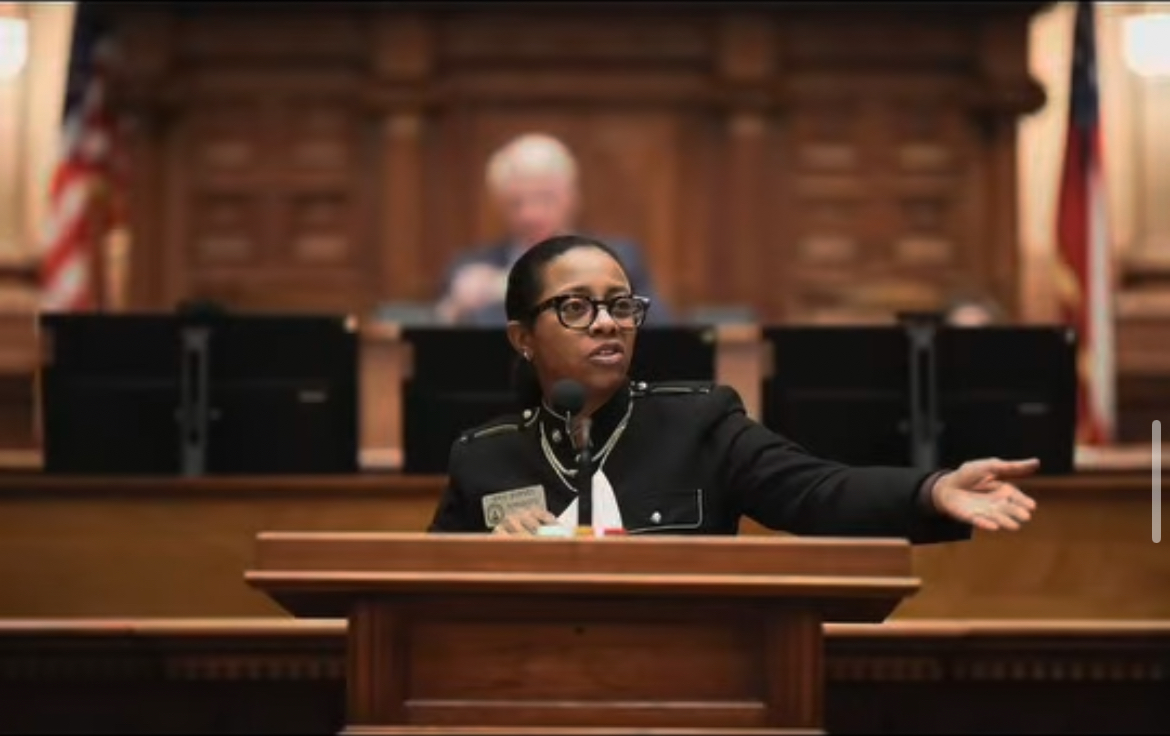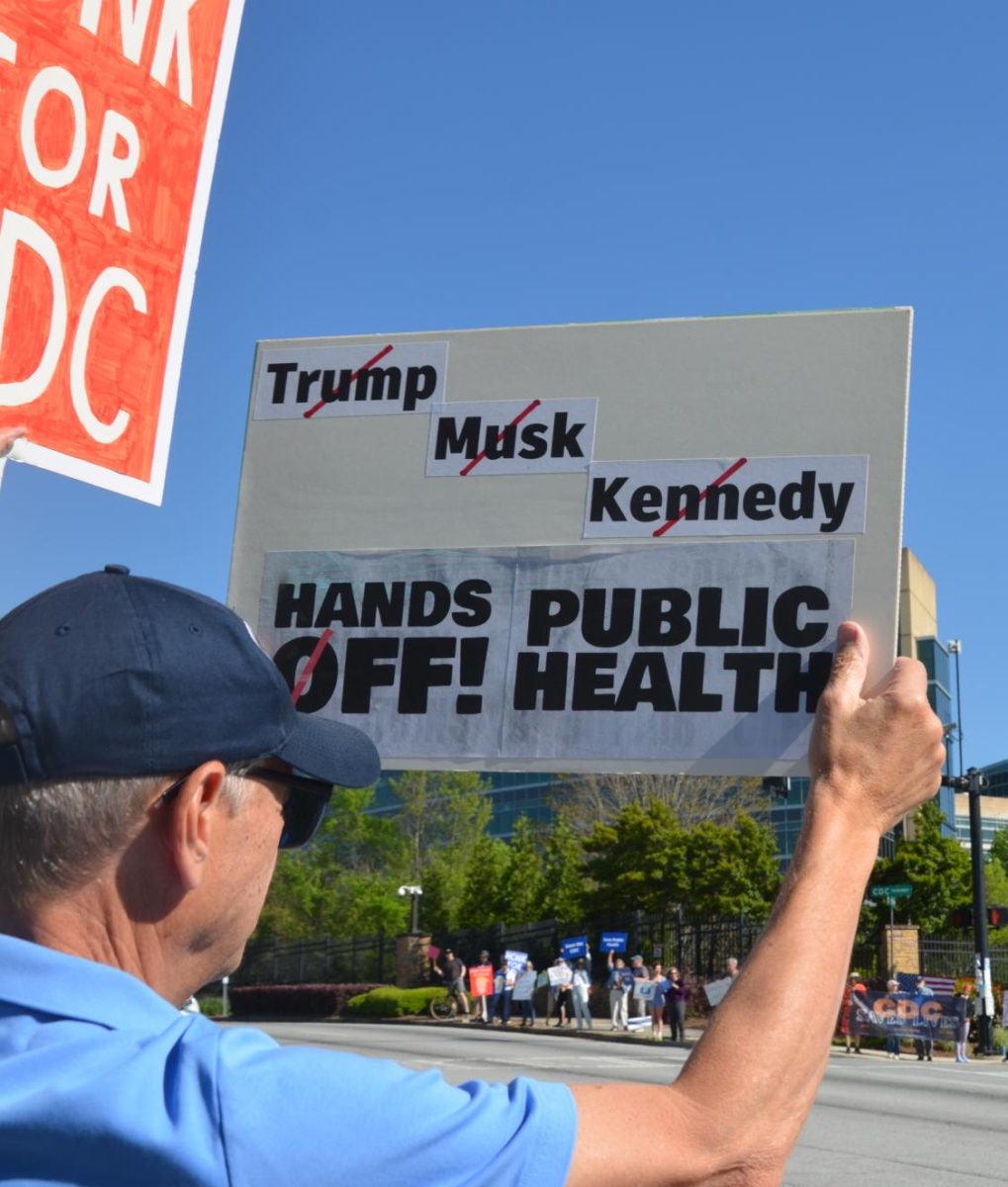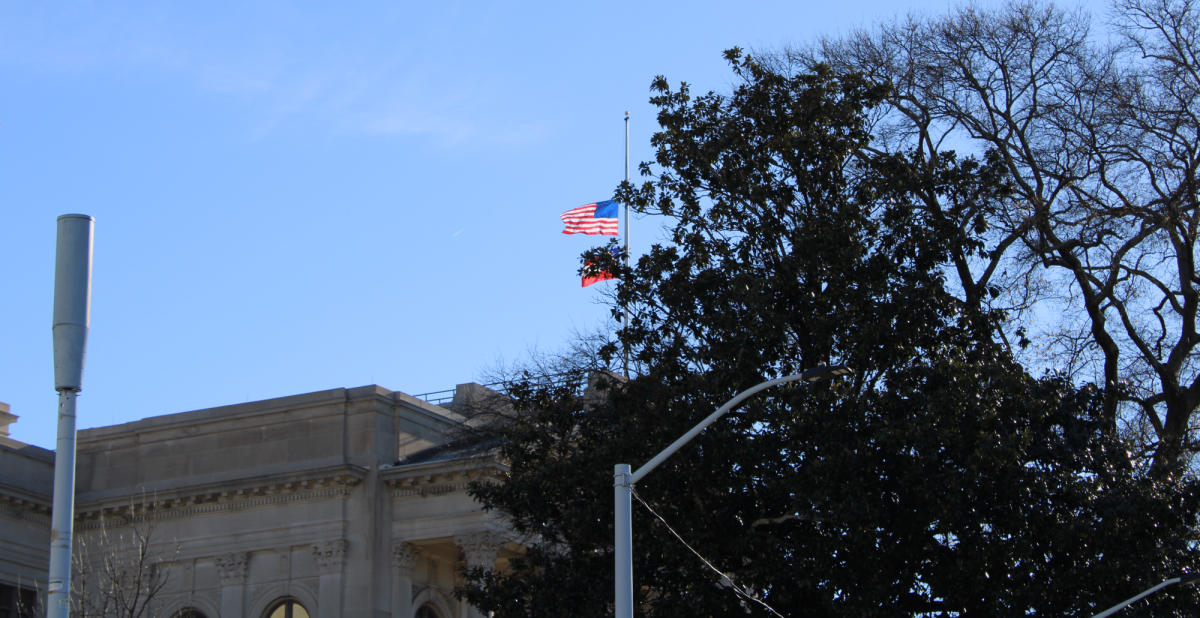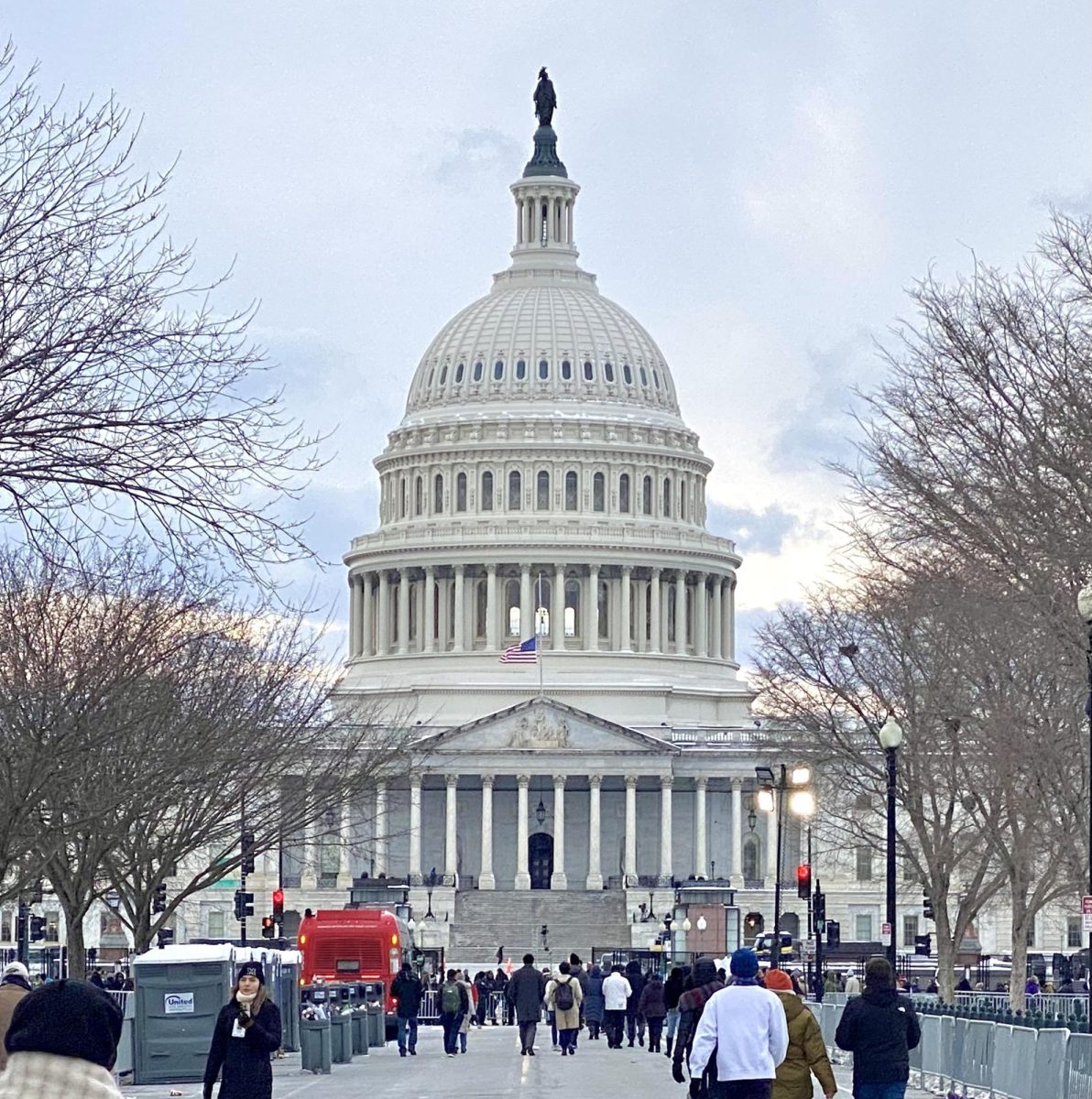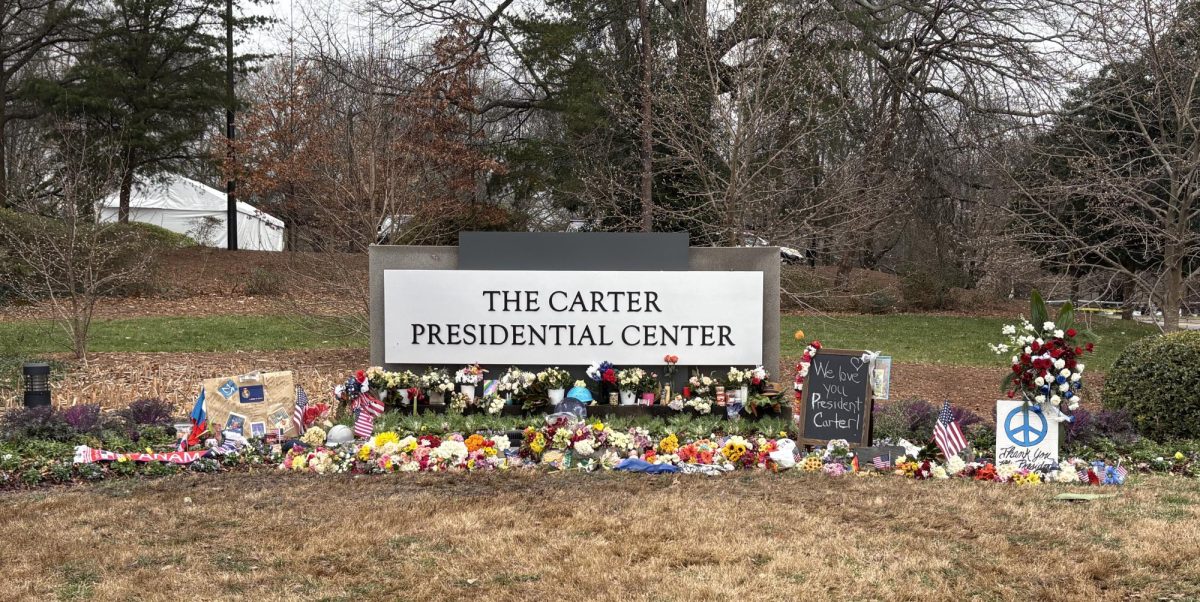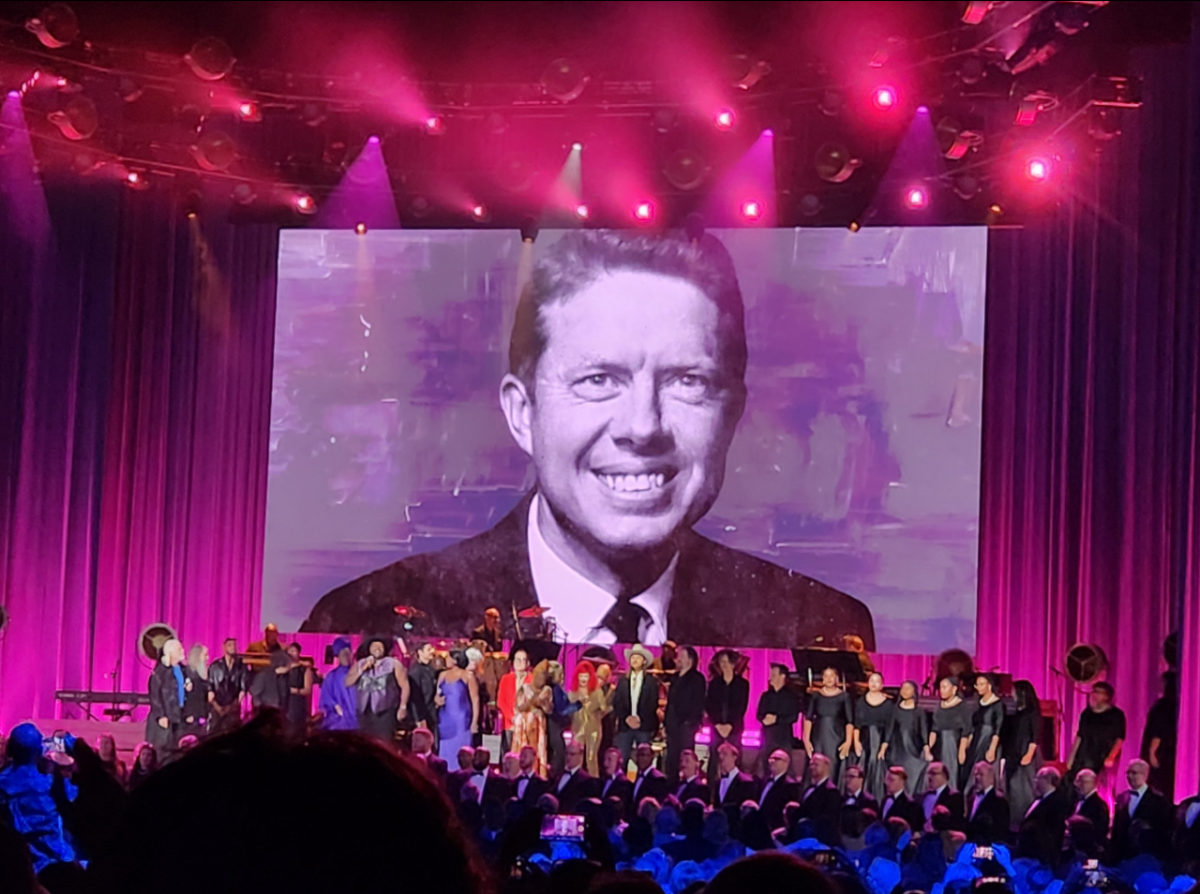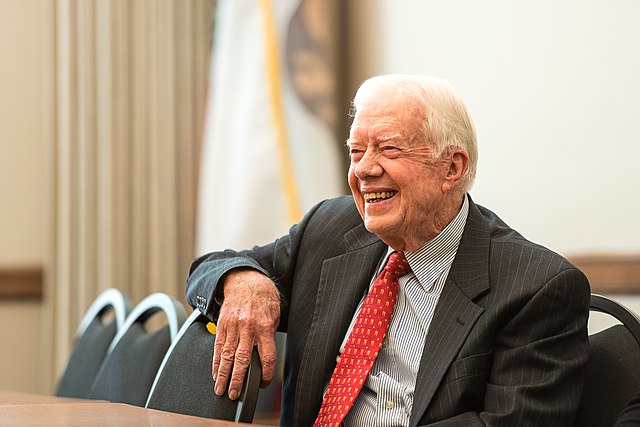Former President Jimmy Carter dies at age 100, leaves legacy of peace, progress
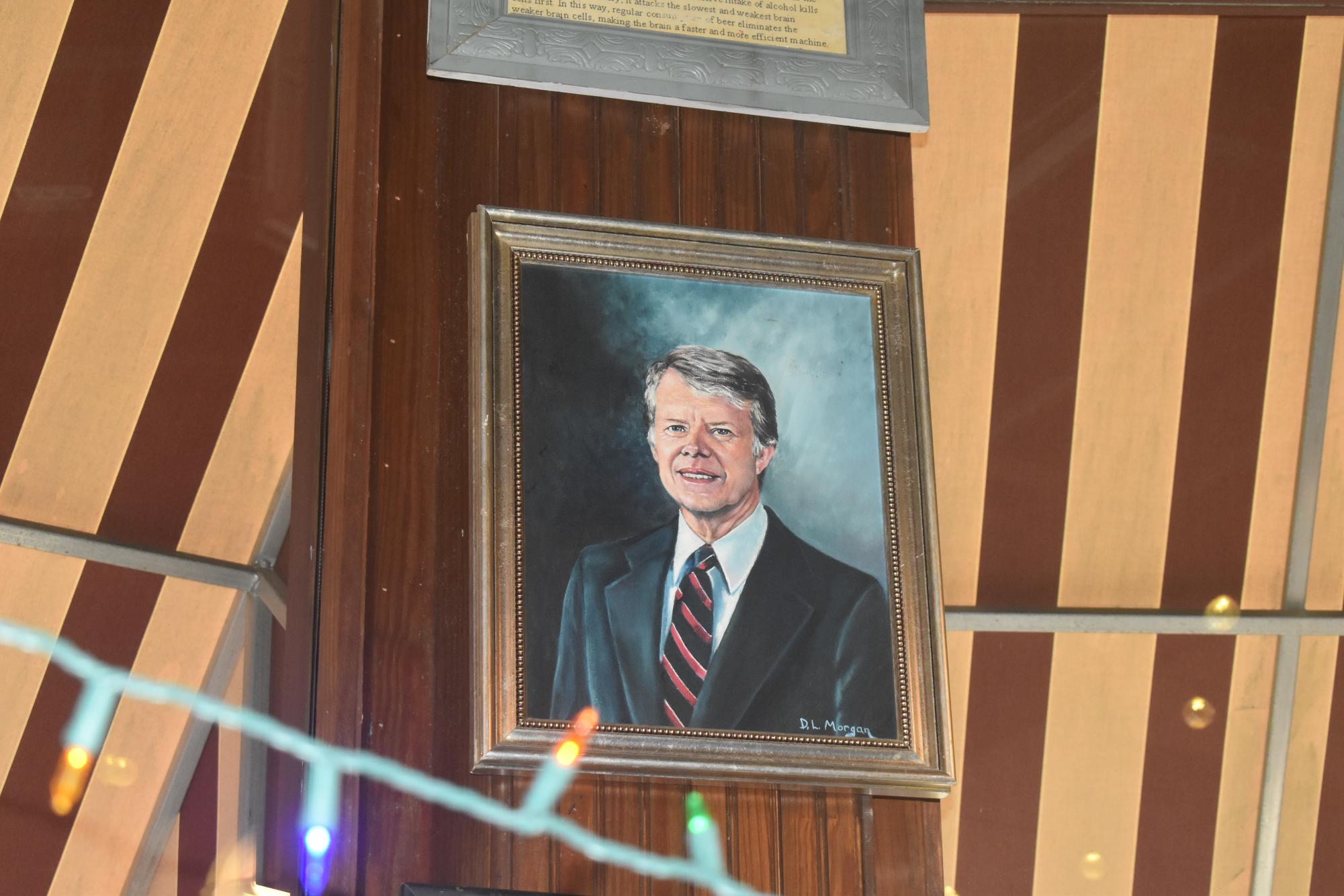
Jimmy Carter, the 39th president of the United States and the only president from Georgia, died on Sunday, Dec. 29, 2024, at the age of 100. Serving as Georgia’s governor from 1971-1975 and president from 1977-1981, Carter was known for his focus on human rights and promoting peace.
From 7:00 p.m. on Jan. 4 to 6:00 a.m. on Jan. 7, the Carter Presidential Center held a visitation where former President Carter laid in repose and the public could visit.
Manuel’s Tavern in Atlanta served as the unofficial location where Carter first launched his successful governor’s campaign in the early 1970s. Bartender Bobby Agee, who has worked at Manuel’s for over 48 years, visited the repose on Monday and reflected on the president’s life.
“He was one of my regular customers over the years,” Agee said. “He always sat in the back and he used to come in all the time. I worked this morning, and then I walked down to the Carter Center and paid my respects. It was a solemn moment to stand there by his flag-draped casket with all the army guards standing there. It was pretty moving; it got me a little choked up.”
Midtown alum Emmett McNulty volunteered at the Carter Center from 8:00 p.m. to 7:30 a.m. on Monday night. During his shift, he said he was able to witness the vast number of lives Carter touched during his 100 years.
“I stood at the exit, right after President Carter’s casket, so I got to see a lot of people come out incredibly moved and touched,” McNulty said. “A lot of them told me stories of times they met President Carter, and many told me stories of positive interactions they’d had with him and just positive things he’d done for their life. There was a man who told me how President Carter helped his car dealership become the first Black-owned car dealership in the South.”
Junior Gianna Soave attended a gathering in Plains to welcome Carter back in his hometown. Soave said the gravity of his accomplishments made the ceremony very impactful.
“Seeing him being brought out in a casket and watching the procession and everything — knowing the contributions he’s made and who he was —was very emotional, beautiful and moving,” Soave said.
John McMillian, an associate professor of History at Georgia State University, said Carter’s journey to presidency is a story of perseverance; his humble beginnings served as a source of pride for many Georgians.
“He was a dark horse candidate for president,” McMillian said. “He had just been elected governor of Georgia, but no one really took him seriously as someone who would be a candidate at the national level. However, he had a lot of success and was so closely associated with Georgia, having been born here and lived here almost all of his life, except when he was in the military. I think it’s normal that people from the state of Georgia would be proud that this person who grew up in humble origins in Georgia became president against really big odds.”
Jonathan Alter, a New York Times reporter and author of the biography “His Very Best: Jimmy Carter, a Life,” highlighted how Carter’s childhood shaped his values and priorities, impacting his work as president.
“His deep faith was nurtured by his father and by a third parent that he had: a woman named Rachel Clark,” Alter said. “She worked on the farm in Archery, Georgia, outside of Plains, and she was an illiterate Black farmhand, but a woman of deep faith and of a deep love of nature. Both of those values were very important for Jimmy Carter. He credited her with his love of nature, which helped him grow up to be one of our greatest environmental presidents, and with his deep faith, which eventually made him possibly our most devout American president.”
McMillian said one of the defining moments of Carter’s presidency was his success in international diplomacy, particularly with the Camp David Accords in 1978.
“The most memorable accomplishment [Carter had] was negotiating a peace deal between Israel and Egypt; that was something very few people thought was possible,” McMillian said. “These two countries were sworn enemies and people told him that he was wasting his time. He was very tenacious and committed, and he was able to help broker a peace agreement. That defied a lot of people’s odds and expectations.”
Carter’s emphasis on peace guided him during his presidency when faced with the Iranian Hostage Crisis in 1979, when 52 American hostages were held by Iranian forces for 444 days.
“His compassion and the emphasis that he placed on peace played a very strong role in that crisis,” Alter said. “He was advised, even by people in his own family, that if he took military action against Iran, and if he bombed Iran, he would probably be re-elected. However, if he had done that, they would have executed the 52 hostages and roughly 10,000 innocent Iranians would have died. He wasn’t willing to do that because he prioritized peace. He was one of our only presidents where no American soldiers died in combat.”
Steve Mayor visited President Carter in repose at the Carter Center on Monday. He said Carter’s passing has helped him learn about his character and accomplishments as president.
“Something that really surprised me is that the Camp David Accords meetings were supposed to last three days with world leaders, and they ended up lasting 13 days,” Mayor said. “I can’t imagine that could happen today with the way the world is now. You’d be lucky to get anybody’s attention for three hours.”
In the months leading up to Carter’s election campaign for a second term, the U.S. faced significant economic challenges, which contributed to his loss against former President Ronald Reagan. McMillian said some criticism of Carter’s presidential term came from a misunderstanding of the extent of the president’s executive power.
“He was dealt a really tough hand,” McMillian said. “In this country, I think people sometimes expect too much from the president. They think the president can turn around the economy, exert his will in foreign affairs and change the mood of the country, all at the same time.”
Carter’s foresight on critical issues, specifically environmental sustainability, was one of the main sources of inspiration Alter had when he started writing the biography.
“What drew me [to write this] was when I heard that he was talking about climate change when he was president, and that he was 30 years ahead of his time,” Alter said. “His decision to put solar panels on the roof of the White House was only one of many things he did that were visionary and that hadn’t been reported. He was misunderstood, and I wanted to play a role in correcting the missed impressions.
Reflecting on Carter’s leadership style, McMillian said his admirable intentions were often overshadowed by the struggles he faced during his presidency.
“He did come into office with noble and good intentions,” McMillian said. “He made some mistakes by overpromising and under-delivering. He kept constantly telling the American people that things would get better and tried to enjoy some goodwill from his voters and supporters. I think you have to be careful to be realistic if you’re going to be president. He had some of his leadership qualities undermine his effectiveness.”
Carter’s forward-thinking policies, such as his environmental efforts, laid the foundation for future progress.
“I think Jimmy Carter is remembered as a progressive president,” junior Kate Krugman said. “This resonates a lot with the younger generation. He’s one of the more respected presidents right now because he installed solar panels for the White House and because he’s pro-worker. I think that these are ideals that resonate with the younger generation the most.”
Midtown parent and executive producer of Crazy Legs Productions Keely Muse said Carter’s commitment to environmental conservation was apparent in his leadership as both governor and president.
“One of my interviews with him was about land preservation in Georgia in the 70s and how he stopped a dam from being built in Sprewell Bluff,” Muse said. “The Flint River is still a free-flowing river to this day because of him, one of the few free-flowing rivers in the Southeast.”
Carter spent his post-presidency mediating conflicts, overseeing elections and the peaceful transfer of power in some countries and working to eradicate deadly diseases.
“Carter is probably going to be more remembered for what he did post-presidency than what he did during his term as president,” Dave Peck, who visited the Carter Center to pay his respects and mourn the loss, said. “He was an enormously influential defender of human rights.”
Midtown Votes co-sponsor Claudia Black said Carter was dedicated to preserving voting rights and increasing voter turnout.
“He was a big influence on the bi-partisan efforts to get everyone registered to vote,” Black said. “He went out of his way to make sure that everyone got a chance to [vote], not just people he thought would be Democrats and would vote for him, but that it’d be a democratic process.”
Alter noted the evolution of Carter’s public image over the years and the impact of his work post-presidency.
“Jimmy Carter has moved from being derided and disparaged to being respected and revered,” Alter said. “Now, I think he’s become beloved, and people are increasingly understanding that his presidency was a lot better than many thought at the time he left office, so that will be part of the reassessment of him.”
Carter’s work on guinea worm disease brought cases from an estimated 3.5 million in 1986 to only seven in 2024. McNulty believes other humanitarian organizations should follow Carter’s effective strategy of consolidating their efforts into one main cause.
“I think the elimination of dangerous diseases is extremely important, and I’m deeply inspired by how that was one of the primary goals of Carter’s organization,” McNulty said. “Others, like the Gates Foundation, spend a lot of time focusing on hundreds of diseases and medical research and they spread themselves really thin, but the Carter Foundation focused entirely on guinea worm.”
Beyond his political achievements, Carter’s commitment to humanitarian causes left a mark on countless lives.
“He left a legacy that’s just incomparable,” Muse said. “I’ve visited Habitat for Humanity, which he started. They have demonstration areas that show how to build houses and how they built their houses. All of the volunteers for Habitat for Humanity, which are probably in the hundreds of thousands, were all influenced by him. Just that alone is a huge legacy.”
Carter was very involved in the Habitat for Humanity organization, leading over 100,000 volunteers to help build houses in over 40 countries.
“I just think it’s remarkable what he did,” Agee said. “I mean, he had brain cancer and liver cancer, and still, the next day he was out hammering nails and building houses. He gets a lot of flack for when he was president, for what he had to go through with the hostage crisis, but the things he did outside of office, he was just non-stop.”
Chris Bagley interned for the Carter Center in 1996 and said Carter’s humanitarian work influenced him to get involved in service.
“Jimmy Carter brought enormous attention to Habitat for Humanity for his work with that organization,” Bagley said. “I worked on several Habitat projects while I was in high school, and he was the major inspiration.”
McMillian said Carter’s moral integrity stood out when many Americans were disillusioned with politics.
“Few people will challenge or deny his personal qualities,” McMillian said. “He was a person who was pious; he attempted to be honest; he wasn’t lusty for power or materialistic. He seemed like a decent hardworking good person. I think we can be proud that a person with those qualities was president at a time when people were very cynical about politics.”
Krugman met President Carter and wife Rosalyn at an Atlanta Braves baseball game in 2015 and said she found him to be humble and approachable.
“I was really surprised at how down-to-earth they were,” Krugman said. “He was very kind and was so willing to take a picture and sign a baseball for my brother. They were just at a Braves game which is such a normal thing to do for someone from Atlanta.”
On Oct. 20, 2000, Carter left the Southern Baptist Convention due to its treatment of women. The day he announced this, Muse was with him at his cabin, shooting a video of him fly fishing. She said Carter ignored calls from the New York Times and other major media outlets asking for a comment to keep his focus on her team and their work.
“He wanted to be known as the people’s president, and I think that he also wanted to be known as the people’s post-president,” Muse said. “He was famously generous with his time, especially with local journalists, which is what I was. If he heard about your project and he was interested in it, like the one about preserving land in Georgia, he gave time to that.”
During his summer internship, Bagley went to lunch with Carter and other interns at Manuel’s Tavern. He was surprised by how invested Carter was in their conversation.
“He said the two most important people in the world are God and the person who’s standing in front of you,” Bagley said. “That’s really how he acted. I mean, we had his full attention when we were there with him. He wasn’t bragging about his great achievements or even talking that much about himself. I just remember him really wanting to have a real conversation.”
Soave said she appreciated having the opportunity to honor Carter for all the work he’s done.
“I know that he was a great man, and knowing that he’s no longer here is very sad, but at the same time, it was very much a life well lived,” Soave said. “I know that he’s made such an impact on my dad and all my dad’s friends. I’m very grateful that I get to be connected in some sort of way to such an amazing and honorable man.”
